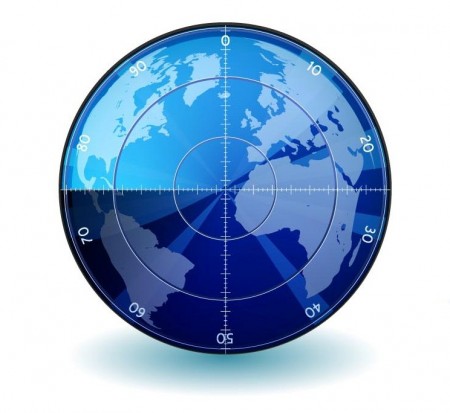
This is the second part of the ISN report on Security Jam 2012 presenting the most interesting ideas discussed in last four forums. You can find the first part here.
Facing the Cyber-Challenge
Cyberspace has permeated nearly all aspects of modern life and the security concerns that arise as a result have been the topic of the forum. It was no surprise that this forum had the most threads – 84 in total.
As Jammers pointed out, ‘cyberspace is so much to so many’ and there is general agreement that much needs to be done to achieve and maintain cyber safety. Since we need to start from somewhere, however, the question remains: Who should take the lead? The UN, EU, NATO, industry, NGOs or nations? As one question arises, others follow: At what level does a cyber-attack become so serious that we could feel justified in retaliating with cyber or other weapons, or in trying to hunt down the aggressor and subject him to some form of punishment or make him pay compensation for the harm which was done?
In terms of concrete recommendations, it was suggested that national leaders should push for an international consensus on the principles of law of armed conflict which apply to cyberspace. Moreover, they should focus their energies on confidence-building measures, such as states pledging to act as good “neighbors” in cyberspace.
Transnational and Hybrid Threats
The forum on transnational threats was diverse in terms of the issues discussed. As energy is becoming an ever more pressing issue – especially in light of global warming, the substantial rise in oil prices and the so-called “rise of the rest” – one of the discussions focused on the link between energy and security. Is there a significant potential for violent conflict between major powers over resources? Will issues surrounding energy security define international relations in the coming decades?
Another debate looked at pre-emptive use of violence as international organizations’ principal way of addressing transnational threats –but is this justified by international law and public opinion?
Libya: Lessons learned
There was a general consensus that the operation in Libya was a military success. From NATO’s point of view it demonstrated an ability to act quickly when confronted with a crisis, and showed that NATO remains relevant in the contemporary security environment. However, the operation also created a number of issues that need to be dealt with, and it is still very uncertain what kind of regime will emerge in Libya.
From the point of view of the EU, Jammers proposed an interesting division of labor following the Libya operation: the EU would provide logistical support (e.g. supplies, air refueling), allowing member-states with larger budgets and international aspirations to focus on other aspects of warfare, such as fighter jets, aircraft carriers, tanks and smart warfare. Could this be the solution the EU has been looking for all along?
Afghanistan: Lessons Learned
What to do going forward (or what not to do) was the burning question on the Afghanistan forum. The participants’ concerns about the future of the country were evidenced by the fact that the forum had the thread with the most posts (139) on the entire Security Jam, titled ‘Will Afghanistan be able to sustain security?’ The need for a regional strategy with a post-2014 focus was underlined, along with suggestions for fighting illiteracy throughout the country in order to minimize Taliban influence. Concerns were raised about the attempt to build a centralized government to a highly decentralized state. A rarely-uttered point of controversy was whether there is a need to focus on what can be achieved, rather than what would be optimal.
Where to now?
Over the next 6 weeks the Security Jam team will be analyzing the Jam results, and compiling the best and most innovative ideas into concrete recommendations — in a report that will be presented to global leaders ahead of the NATO and G8 summits and sent to high ranking officials and experts around the world. Stay tuned to the Security and Defense Agenda website for this report!
For more information on the Security Jam, please visit our previous posts Security Jam 2012 – Be Part of the Solution!, Security Jam 2012: Halftime and Security Jam 2012: Make Your Recommendations to the World Leaders!
For an overview of the Security Jam via the Security Defense Agenda’s YouTube channel, please click here.
To learn more about the The Security and Defence Agenda (SDA), please click here.

